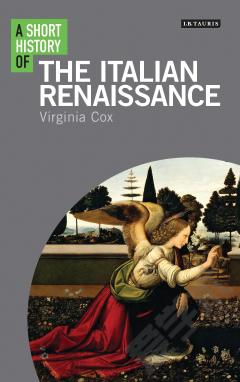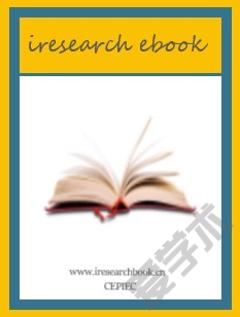A Short History of the Italian Renaissance
The extraordinary creative energy of Renaissance Italy lies at the heart of modern western culture. This creativity extended far beyond the visual arts and architecture: dress history, dance history, food history, ritual and ceremonial all contributed to this vibrant rebirth. Virginia Cox here explores the material and economic output of the period, from the late 13th to the 16th century, when Italy led the world in painting, building, science, literature and music. As the medieval period exploded into a new era of self-confidence, a rediscovery of classical authors and their philosophical principles coincided with the political and economic rise of Florence, especially under the powerful Medici princes, and the later ascendancy of Venice and Rome. But the Renaissance enjoyed a rich regionality beyond these familiar centres. The author thus explores the arts in Milan, Ferrara, Mantua, Urbino and even Naples. She examines too the impact of rhetoric and performance on key texts like Machiavelli's The Prince and Castiglione's Book of the Courtier, as well as the role of women, both as patrons of the arts and creative artists in their own right. 'Renaissance woman', Cox boldly argues, is as important a legacy as 'Renaissance man'.
{{comment.content}}








 京公网安备 11010802027623号
京公网安备 11010802027623号